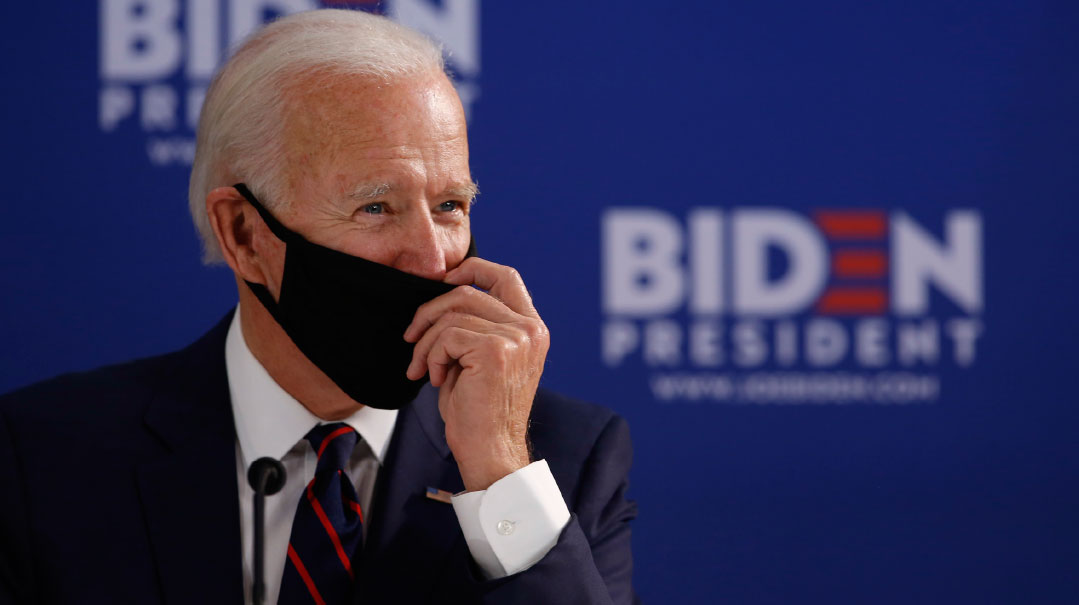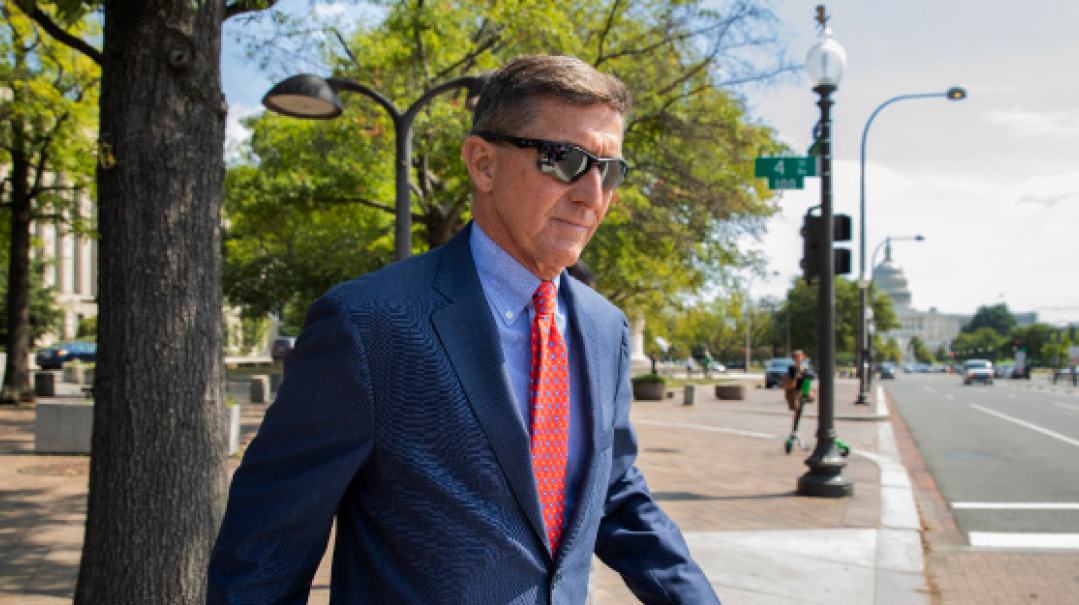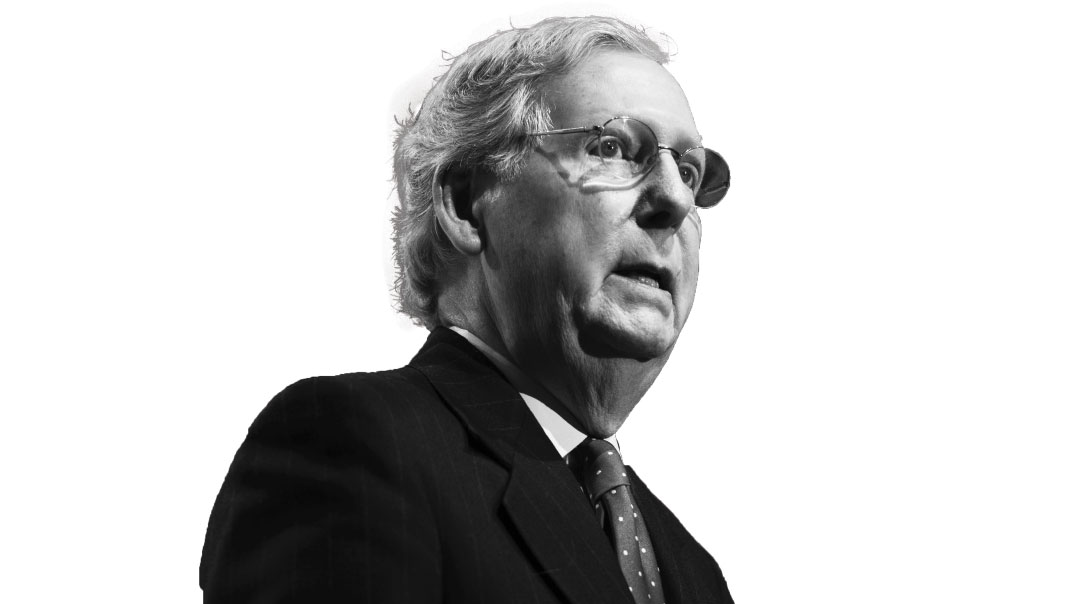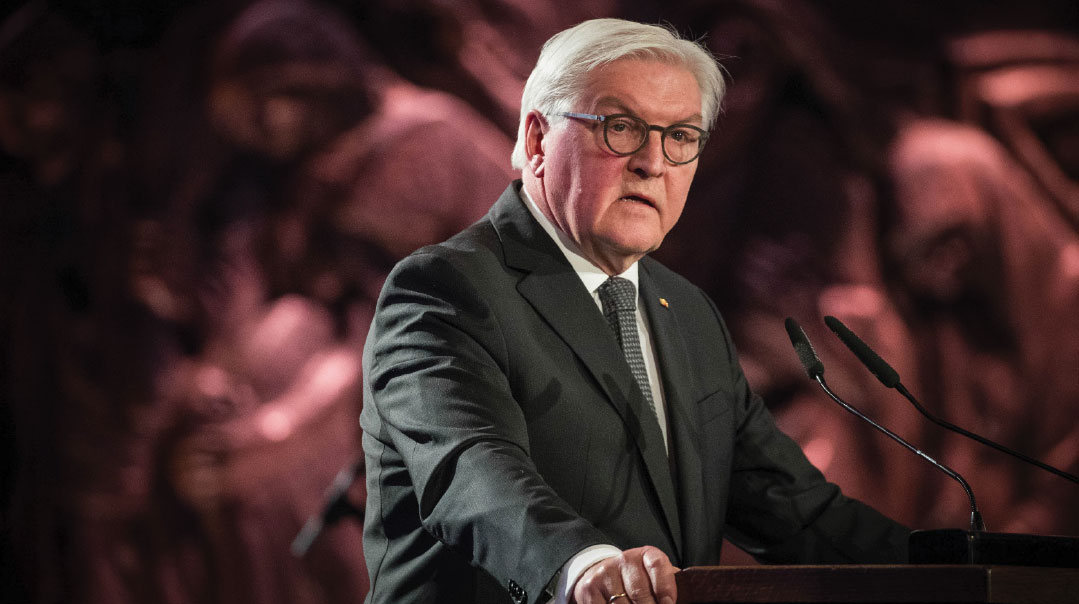Holy City to Whom?
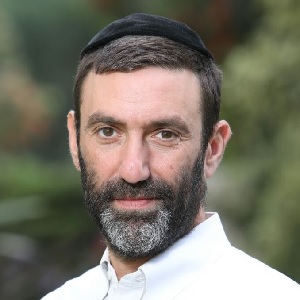

I
had an interesting experience two weeks ago.
I was invited, along with nine other members of the Israeli press, to a lunch meeting at the King David Hotel with European Union ambassador to Israel Emanuele Giaufret.
We were seated at a long table, the ambassador and two of his staff members in the middle, and journalists with their notebook computers and digital recorders all around. Giaufret, who holds a PhD in the history of international relations from the University of Florence, has been stationed in Israel once before, when he served as political advisor to the EU Mission from 2003 to 2007.
The meeting happened to take place exactly one week before the opening of the US embassy in Jerusalem, so the ambassador was first asked whether he would be attending the event. He started by saying that the Jewish connection to Jerusalem was “very strong” and that “no one can deny it.”
“[It] is a connection grounded in religion and history, a strong sentiment kept alive by the Jewish People throughout the centuries,” Giaufret said. “We also know that Jerusalem is equally important to the three monotheistic religions — Judaism, Islam, and Christianity — and is also important to the Palestinians.”
He added that the European Union would continue to adhere to the “international consensus” on Israel’s borders and had no plans to move its embassy to Jerusalem (as did the United States, Guatemala, and Paraguay) until the city’s final borders were determined through peace negotiations.
As a group, we discussed many other topics during the one-and-a-half-hour lunch — Gaza, Hamas, Iran, Syria, relations between Israel and the EU — but I couldn’t quite get my mind off those two words, “equally important.”
Is that true? Is Jerusalem “equally important” to Jews, Christians, and Muslims? We all know that Jerusalem is the capital of the Jewish People, the city we have longed for over 20 centuries, the site of two holy Temples, the center of our spiritual universe. On the other hand, it seems quite clear to me (and all the world’s Muslims) that Mecca and Medina are more important for Islam than Jerusalem is. As for Christians, it’s true that Jerusalem figured prominently in the formation of their religion, but Christians have many holy sites in Israel, including Bethlehem and Nazareth. I’ve never once heard a Christian say Jerusalem is that faith’s most important city. And then there’s the hugely significant site of the Vatican in Rome.
The question almost seems obvious and redundant. Of course the EU ambassador to Israel would say that. But it is important, and here’s why. The starting position of the EU on Jerusalem is an untruth. Like Giaufret, on the day of the US embassy opening, the head of foreign affairs for the EU, Federica Mogherini, said that Jews and Palestinians held the same “irrefutable” ties to the holy city. So their starting position is that Jews, who have been dwelling in or near Jerusalem for the last 3,000 years or so, hold the same “irrefutable” ties as Palestinians, who have never held territory here or established a government. Further, at least half of the Palestinian population came to Palestine/Israel over the last 150 years, following economic opportunity created by Jewish settlers.
As I said, we discussed many other things at the meeting, but after a while I just stopped typing. Ambassador Giaufret seemed like a lovely guy, but on some level he, and the EU, just don’t get it. (Originally featured in Mishpacha, Issue 711)
Oops! We could not locate your form.







